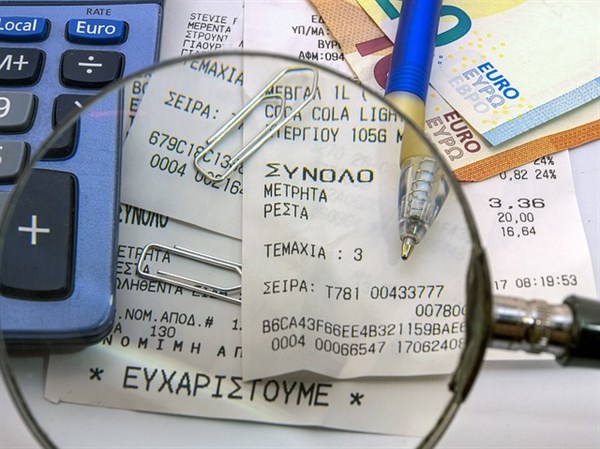
On Monday morning in Colmar, the elected representatives of the European Community of Alsace unanimously approved the launch of the heavy goods vehicle ecotax, known as R-PASS, scheduled for early 2027. Despite numerous amendments and arguments from the opposition, the final decision remained unchanged.
Objectives of the tax
The main objective of this tax is to combat transit traffic and to finance the management of road damage caused by trucks. The tax will apply to 240 km of roads, mainly on the north-south Alsace axis, with an average rate of 15 cents per kilometer.
A unanimous vote
All elected officials present voted in favor of the tax, including the two majority groups (LR and Centrists) led by Frédéric Bierry, as well as the four elected Communists and Greens of the opposition. The latter supported the deliberation despite the rejection of their five amendments aimed at toughening the tax.
Protests and economic opposition
The vote took place as the Collective for the Competitiveness of the Alsatian Economy (CCEA), representing Alsatian economic circles, demonstrated outside the CEA for the second time in two weeks. Alsatian economic players remain firmly opposed to the tax, believing that it will not reduce transit traffic or counter the German LKW Maut's circumvention strategies. They also fear that this tax will increase the financial burden on Alsatian companies.